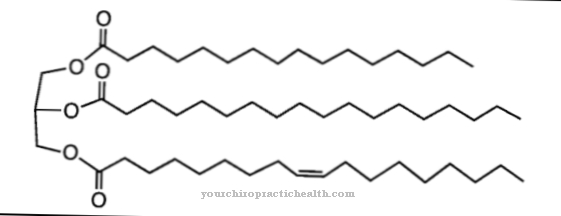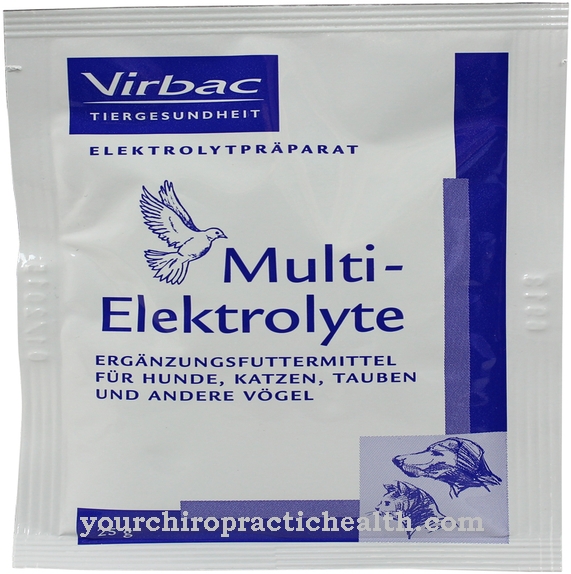Omega 3 fatty acids belong to the group of unsaturated fatty acids. They are vital and very healthy for humans, as they can prevent various diseases. In the past, omega 3 fatty acids were also known as vitamin F. Omega 3 fatty acids are particularly found in seafood and sea fish.
How Omega 3 fatty acids work

The body can produce numerous substances that it needs to function. Omega 3 fatty acids are unfortunately not included. They are among the essential fatty acids that must be taken in through food.
Omega 3 fatty acids are contained in both vegetable and animal foods and come in different forms. However, there are three particularly important omega-3 fatty acids, alpha-linolenic acid, eicosapentaenoic acid and docosahexaenoic acid.
All three are polyunsaturated fatty acids, which are mainly found in fatty sea fish.
Omega 3 fatty acids play a particularly important role for the brain. Almost 40% of the fatty acids there are DHA (docosahexaenoic acid). But omega-3 fatty acids are also extremely important for eyesight. More than two thirds of the fatty acids in the retina are DHA.
Importance for health & sport
But not only in the head area Omega 3 fatty acids needed. For example, they also have a positive effect on cholesterol levels. An increased intake of omega 3 fatty acids ensures that the blood lipid values improve enormously. The prerequisite for this, however, is that the amount of saturated fatty acids is reduced at the same time.
In patients with high blood pressure, good results could also be achieved through the targeted use of omega 3 fatty acids. A blood pressure in the normal range greatly reduces the risk of developing cardiovascular problems.
However, people with normal blood pressure need to consume more than five grams of omega-3 fatty acids per day for the downward trend to begin. Nevertheless, healthy people should also consume more omega 3 fatty acids, especially if they do a lot of sport. Omega 3 fatty acids expand the blood vessels so that the blood can flow quickly and unhindered. Oxygen and sugar get into the muscles faster, which can increase athletic performance.
Omega 3 acids are also used to support medical treatment in some diseases. Especially with chronic inflammations such as psoriasis or arthritis, an improvement could be achieved through the increased consumption of omega 3 fatty acids.
Occurrence in food
To meet daily needs Omega 3 fatty acids To cover, it is advisable to eat especially fish in the form of tuna, mackerel or salmon. A vegetarian variant is to take food supplements that contain a high dose of omega 3 fatty acids.
The daily requirement can also be covered with numerous oils, such as walnut or soybean oil. However, the oils only contain a precursor to the omega 3 fatty acids. However, the body can produce omega 3 fatty acids from these building blocks. It should be noted that the amount of omega 3 fatty acids ingested will be a lot lower than that of a fish meal.
Flax seeds are another vegetarian supplier of omega 3 fatty acids. The unsaturated fatty acids are also present in oil made from them. In order to meet your daily requirement for omega 3 fatty acids, you do not have to consume large amounts of the specified foods. The body needs 0.5 grams of unsaturated fatty acids per day in order to be able to work properly.
Depending on the type of fish, 10 to 100 grams are sufficient. With the oils it is correspondingly less, which is why a combination of fish and oil is recommended. Dietary supplements, on the other hand, cover the daily requirement for omega 3 fatty acids precisely and reliably.



























